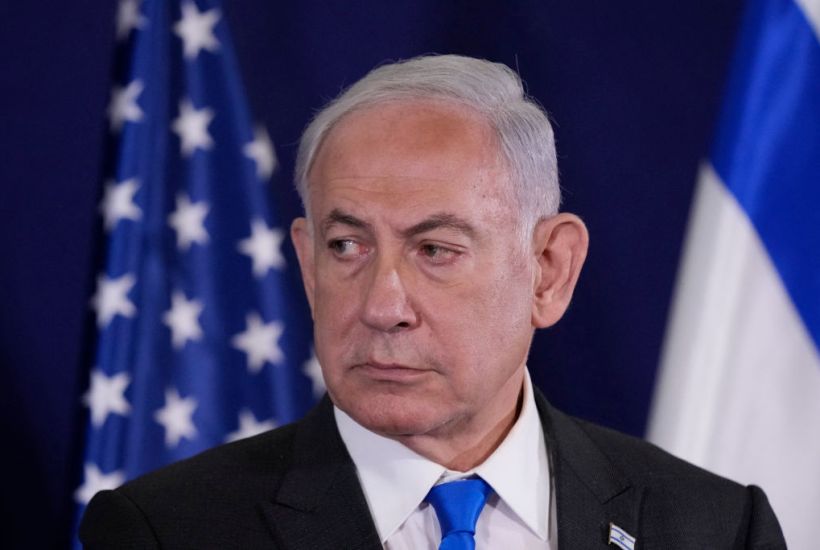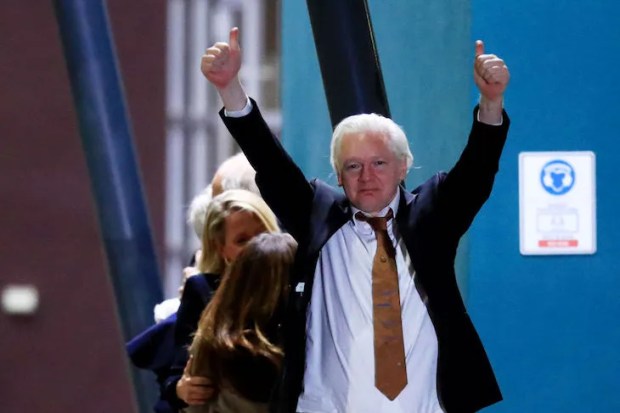Four months after the beginning of the Gaza war, Israeli Prime Minister Benjamin Netanyahu has finally presented his security cabinet with a post-war plan for Gaza.
Netanyahu had come under intense criticism, especially from American President Biden, for his lack of a plan so far. Israelis were warning as well that their country needed a roadmap beyond what Netanyahu refers to as Israel’s ‘absolute victory’ over Hamas, which 55 per cent of Israelis think isn’t likely.
Already a subscriber? Log in
Subscribe for just $2 a week
Try a month of The Spectator Australia absolutely free and without commitment. Not only that but – if you choose to continue – you’ll pay just $2 a week for your first year.
- Unlimited access to spectator.com.au and app
- The weekly edition on the Spectator Australia app
- Spectator podcasts and newsletters
- Full access to spectator.co.uk
Or




















Comments
Don't miss out
Join the conversation with other Spectator Australia readers. Subscribe to leave a comment.
SUBSCRIBEAlready a subscriber? Log in